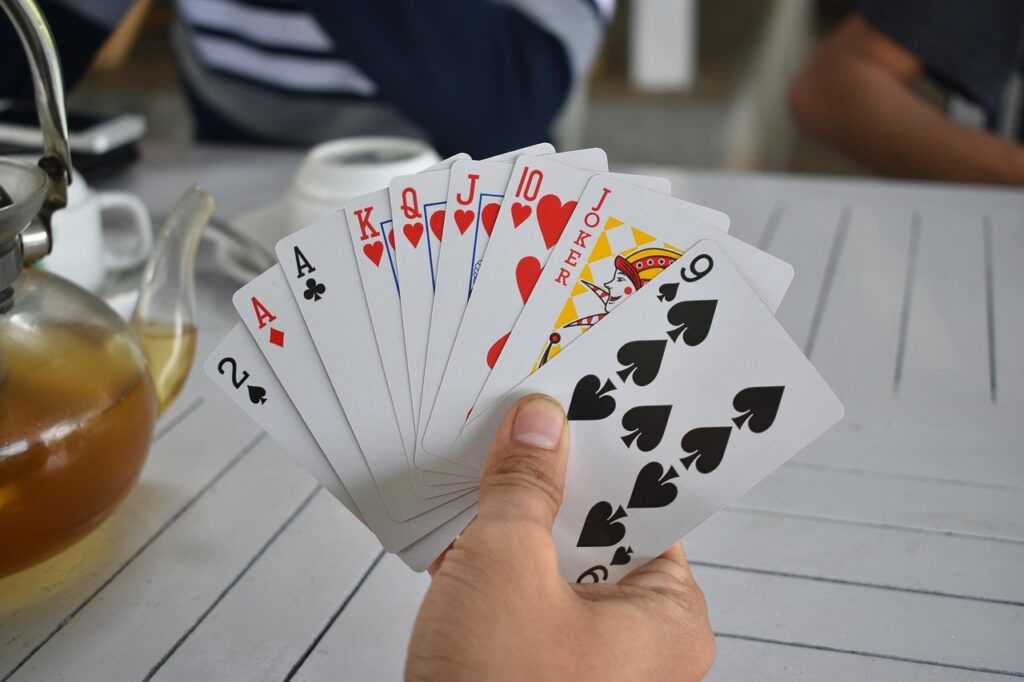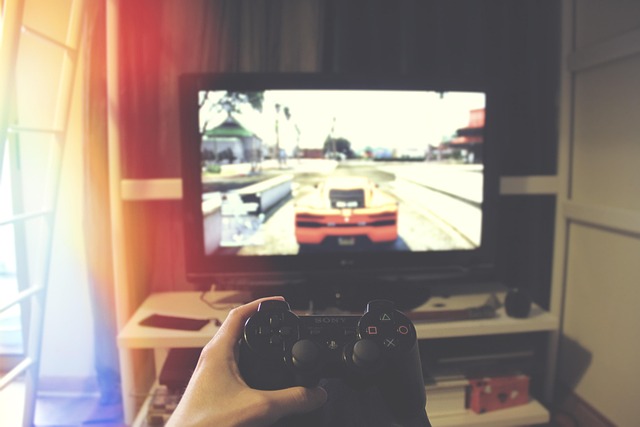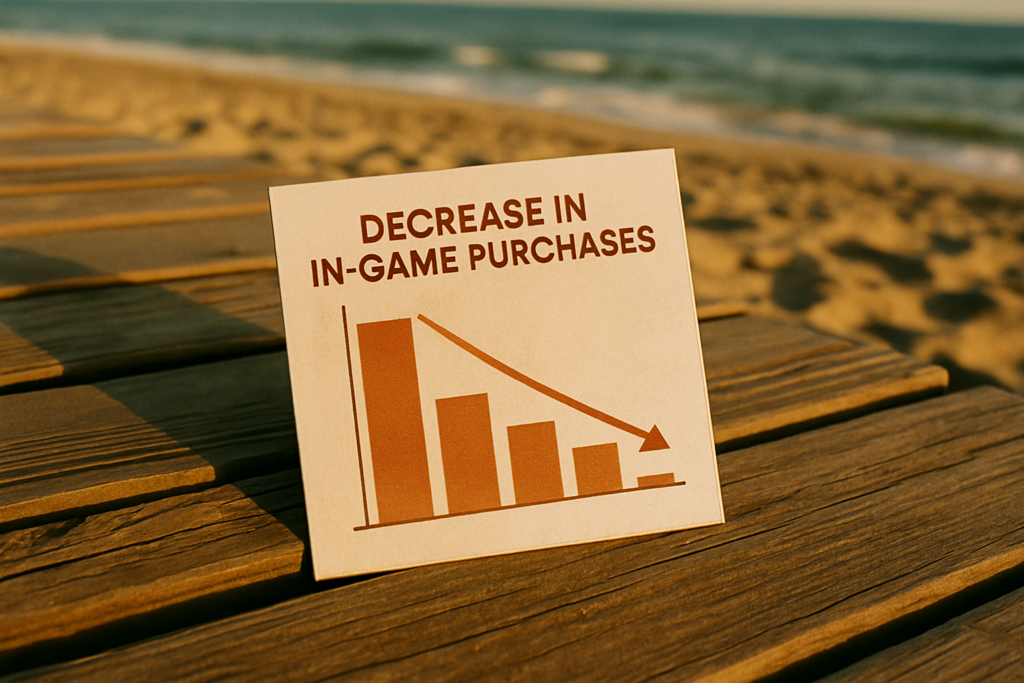When players pick up a controller, shuffle a deck, or tap a phone screen, a lively world opens up. Games are more than bright colors and fast reflexes; they are social spaces, emotional outlets, and creative playgrounds. For example, soliteris fans can visit soliteris.lt to explore new variations of the beloved card game today. Because of that human touch, even a simple puzzle can feel like a conversation between designer and player. The following sections explore the feelings, bonds, and life lessons that rise between the pixels. From family game nights to online tournaments with strangers, every click or roll of the dice reflects something about humanity. Easy tips along the way will show how parents, friends, and solo gamers can keep experiences positive and balanced. Readers can settle into a favorite chair as this journey toward the people behind the play begins. After all, every game tells a human story in its own language.
Why People Play: Beyond High Scores
Ask 10 gamers why they play and you might get 12 distinct answers: some enjoy competitive experiences while others find them relaxing after school or work; many simply like to experience new stories through gaming! Psychologists refer to intrinsic motivation as the inner spark that makes an activity self-rewarding and fulfilling. When puzzle pieces fit or levels are completed successfully, our brain releases dopamine–an endorphin-like chemical tied with celebrating small daily wins. At first, games may provide brief moments of blissful pleasure that quickly dissipate as soon as they end, like an intriguing book ending on an intriguing page. Yet they continue to draw people in long after that rush has worn off; beyond chemical rewards, games meet deep needs for mastery, autonomy and connection as laid out in Self-Determination Theory. With every build or raid they lead, players gain autonomy of choices and progress they share triumph with others. Indeed, games speak directly to universal human drives that textbooks list separately as motivating forces; simple idle games provide deep psychological rewards in equal measure.
Building Community and Friendship
Gaming may appear to be an individualistic pursuit, yet most titles today emphasize teamwork or friendly competition between multiple users. From local co-op play on your couch to massive server hosting millions, your play space becomes a meeting place. Morning chatter over coffee now takes place through voice channels while avatars organize weekend quests. Researchers from Oxford have discovered that cooperative games can enhance feelings of belonging similarly to team sports do. After an epic boss fight, teammates often share in laughter, quick jokes and inside jokes that are shared across a community – reminiscent of working on school projects together under strict deadlines. Furthermore, communities extend beyond gaming through forums, fan art creation and charity marathons that raise money for real world causes. These connections give players a sense that their hobby matters and that their voice adds something distinct to an international choir. A roomful of strangers may soon turn into new acquaintances as victory photos, birthday wishes and study tips are shared via chat windows in real time.
Emotional Benefits and Challenges
Games offer players an immersive emotional journey, providing space to express wonder, pride, fear, and grief safely in a secure setting. An unexpected victory can brighten even the greyest day; an upsetting plot twist may inspire compassion towards struggles not one’s own. Therapists now utilize specially created games to assist children in practicing problem-solving and emotional regulation without the pressures associated with real stakes. But as with anything, every coin has two sides; frustration from repeated defeats or toxic chat can turn an evening sour quickly leading to offline arguments and tension. Studies suggest that balance, clear boundaries, and supportive peers are critical elements in turning potential stress into resilience rather than burnout. Much like sports coaching moments and cool-down periods can help emotions settle before starting again with fresh minds – the same holds true with gaming: by acknowledging its highs and lows as a mirror that shows not just skill development over time but emotional maturation as well.
Making Gaming Healthier for Everyone
Unhealthy gaming practice starts with mindful habits that treat gaming like any meaningful activity: setting time limits and scheduling comfortable seating arrangements as part of an established schedule, with regular breaks between gaming sessions to stretch eyes and muscles. According to experts, healthy gaming requires scheduling activities like this as planned activities worth engaging in; time should not just pass us by! Parents should join sessions, question story choices, and model good sportsmanship rather than simply enforcing rules. When playing online with friends, setting up a voice call beforehand may prevent miscommunication and maintain supportive environments as the match heats up. Developers play an essential part by including tools for reporting abuse, customizable difficulty settings and reminders encouraging hydration or posture checks. Players should keep this simple practice in mind: using gaming’s pause button shouldn’t be treated like something to fear; life’s larger quests will wait their turn; with such simple practices gaming will remain an engaging source of joy, friendship and learning for years to come – communities who celebrate healthy habits can share tips or reward breaks and remind each other that the goal should always remain fun instead of exhaustion!



